Body of Indian climber found on Qomolangma, fourth fatality in a week
Updated: 2016-05-30 09:37
(Agencies)
|
|||||||||
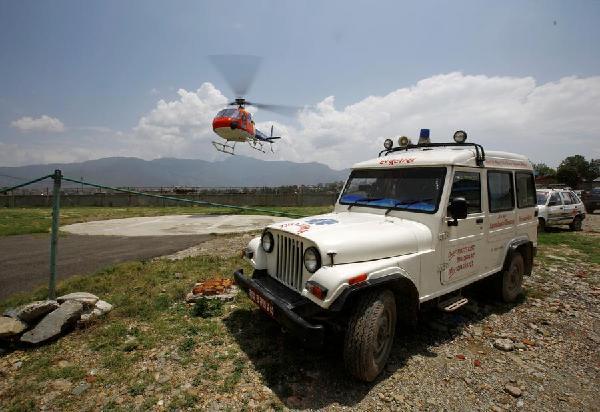 |
|
An ambulance waits as a helicopter carrying the body of Dutch climber Eric Arnold, who died on Qomolangma, lands at a hospital in Kathmandu, Nepal, May 26, 2016. |
KATHMANDU - The body of an Indian climber was found on the upper slopes of Mount Qomolangma, raising the death toll on the world's tallest mountain since it was re-opened to expeditions this spring to four.
Sherpas searching for two Indian climbers missing since last Saturday located the body of Paresh Nath, 58, above the South Col (7,900 meters), hiking officials said on Friday.
"They are bringing the body down while the search for another Indian climber is continuing," said Wangchu Sherpa of the Trekking Team Nepal company that organised their expedition.
About 400 climbers have reached the top of Qomolangma this month, the first time they were on the mountain after a 7.8 magnitude earthquake set off an avalanche that killed at least 18 people at Base Camp a year ago.
On Friday, a rescue helicopter brought the body of Australian climber Maria Strydom from Qomolangma to the Nepali capital of Kathmandu. Strydom, 34, was nearing the 8,850-meter (29,035 foot) summit when she fell ill with altitude sickness and had to turn back. She died last Saturday.
"Her body has now been brought to Kathmandu from the mountain," said Phu Tenzi Sherpa of the Seven Summit Treks that organised her expedition.
Strydom's husband, Robert Gropel, who was in her team and also suffered altitude sickness, was airlifted to Kathmandu early this week.
Arnold Coster, who led the expedition, said Seven Summit Treks was as prepared as any. The Dutch mountaineer said he had personally selected climbers, and Strydom and Gropel had three experienced sherpas between them.
Gropel said the pair began their summit bid on Friday night in clear weather, departing from Camp 4, but at the South Summit at nearly 8,000 meters, Strydom slowed, stricken by altitude sickness.
Gropel also began to suffer from a lack of oxygen, hampering his thought processes.
"It took a while for me to register that I had medication, and so as soon as I realised I gave her a dexamethasone injection," Gropel told the Australian Broadcasting Corp.
With the medication and more oxygen brought up by sherpas, Strydom improved and was making her way down. She then collapsed suddenly and could not be revived.
Coster responded to criticisms the group did not sleep at Camp 3, saying that can also weaken climbers.
Sherpa climbers brought Strydom's body down the mountain to Camp 2 (6,400 meters) on Wednesday, from where a rescue helicopter plucked it to Kathmandu.
On Thursday, rescuers brought down the body of 36-year-old Dutchman Eric Ary Arnold, who died last Friday while on descent from the summit.
Subash Paul, a 43-year-old Indian mountaineer, died last Sunday.
Qomolangma has been climbed by over 7,300 people since 1953 when Sherpa Tenzing Norgay and New Zealander Sir Edmund Hillary made their pioneering ascent. The deaths this month take the toll to at least 283.
Related Stories
Qomolangma deaths pose body recovery risks 2016-05-30 02:35
Qomolangma safety under scrutiny as third climber dies 2016-05-25 14:53
County in Tibet aims to stamp out tourist graffiti at Qomolangma scenic spots 2016-05-12 08:26
Student mountaineers of Peking University to challenge Qomolangma 2016-05-04 19:00
Today's Top News
Rescue vessel eyed for the Nansha Islands
Steeled for change
EU has to cope with outcome of British referendum
Four Chinese banks among world's 10 largest
Kiev swaps Russian detainees for Ukraine's Savchenko
Refugees relocated during major police operation
China calls for concerted anti-terror efforts
London's financial centre warns of dangers of Brexit
Hot Topics
Lunar probe , China growth forecasts, Emission rules get tougher, China seen through 'colored lens', International board,
Editor's Picks
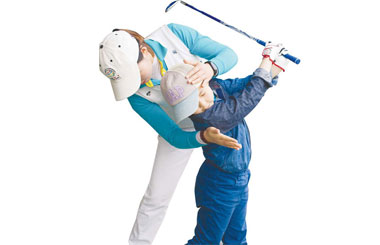
|
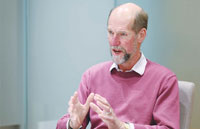
|
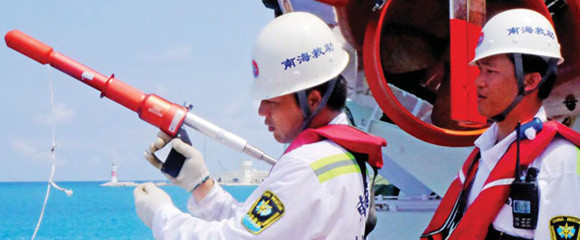
|
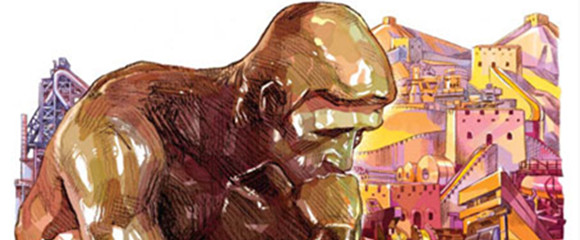
|
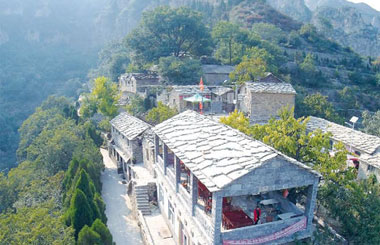
|
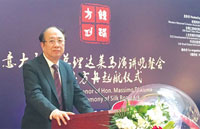
|







